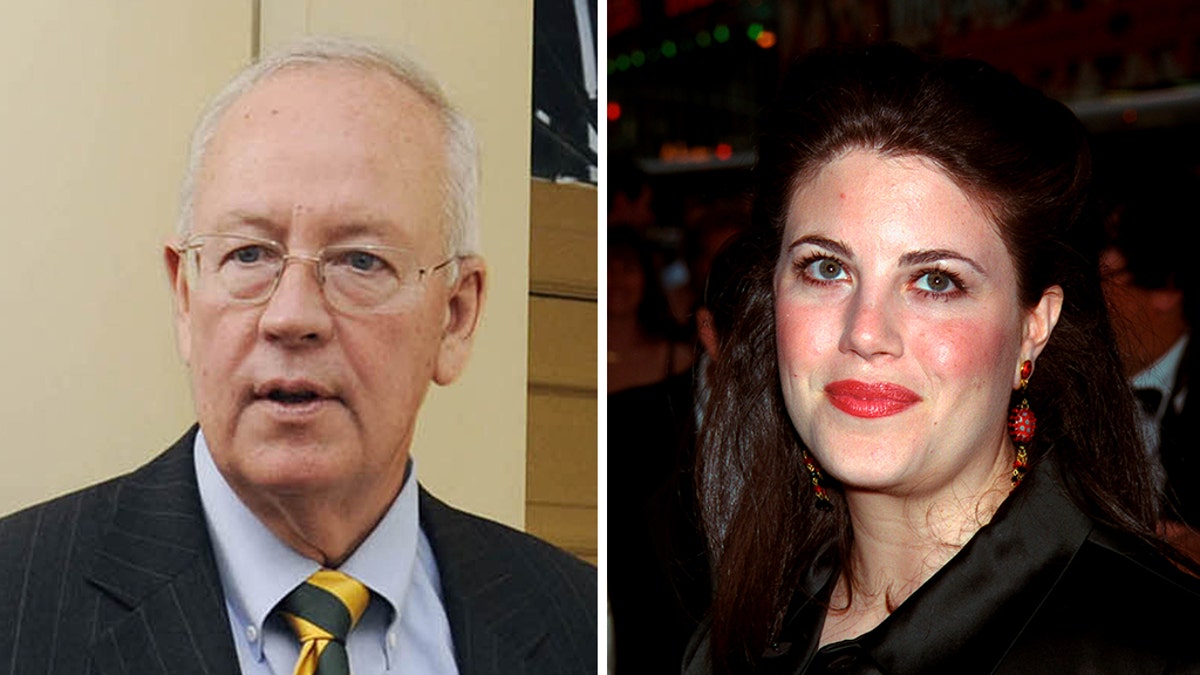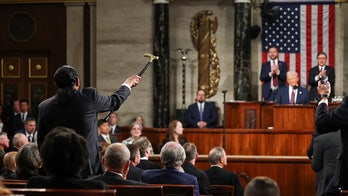
(AP)
Former independent counsel Kenneth Starr said Sunday that he does not believe he owes Monica Lewinsky an apology for her treatment during his investigation of former President Bill Clinton.
In an article published in the March issue of Vanity Fair magazine, Lewinsky described coming face-to-face with Starr for the first time at a New York City restaurant on Christmas Eve 2017.
Lewinsky described how Starr's staff "had hustled me into a hotel room near the Pentagon and informed me that unless I cooperated with them I could face 27 years in prison." She also wrote that Starr and his team had "[threatened] to prosecute my mom (if she didn’t disclose the private confidences I had shared with her), [hinted] that they would investigate my dad’s medical practice, and even [deposed] my aunt, with whom I was eating dinner that night.
"And all because [Starr], standing in front of me, had decided that a frightened young woman could be useful in his larger case against the president of the United States."
Lewinsky says she told Starr that "though I wish I had made different choices back then, I wish that you and your office had made different choices, too."
Starr's response, she wrote, was to say "I know. It was unfortunate."
On Sunday, Starr answered "no" when asked on CBS' "Face the Nation" if Lewinsky deserved an apology.
"Monica -- and I wish her all the best -- her life has been disrupted," Starr said. "But the evidence is the evidence, and she was part, as we saw it, of an effort to obstruct justice and to commit perjury."
This year marks the 20th anniversary of when the sexual relationship between Lewinsky, then a White House intern, and Clinton was made public. The affair's disclosure led to Clinton becoming just the second president ever impeached by Congress.
"Whatever people think of the [Whitewater] investigation during the Monica Lewinsky phase, the president had to eventually concede that he had not conducted himself as he should in a very serious matter when he was under oath" Starr told CBS. "That's the key. It was all about the rule of law."











































